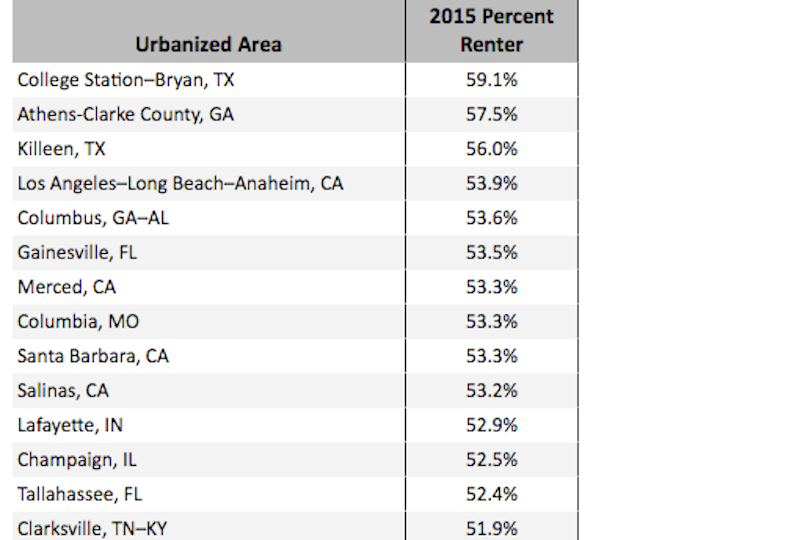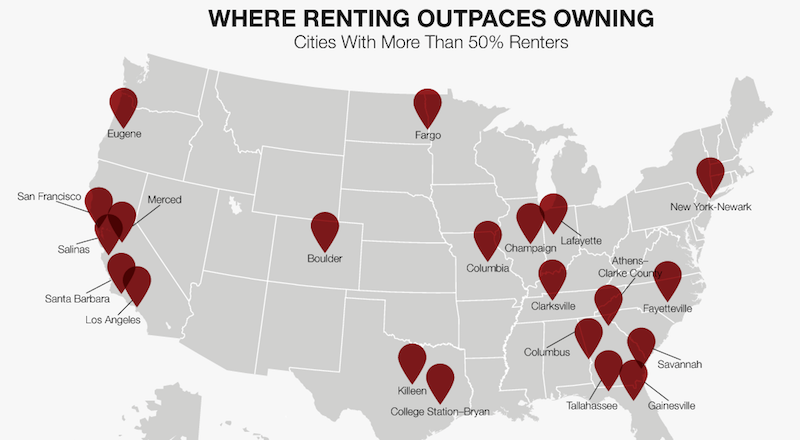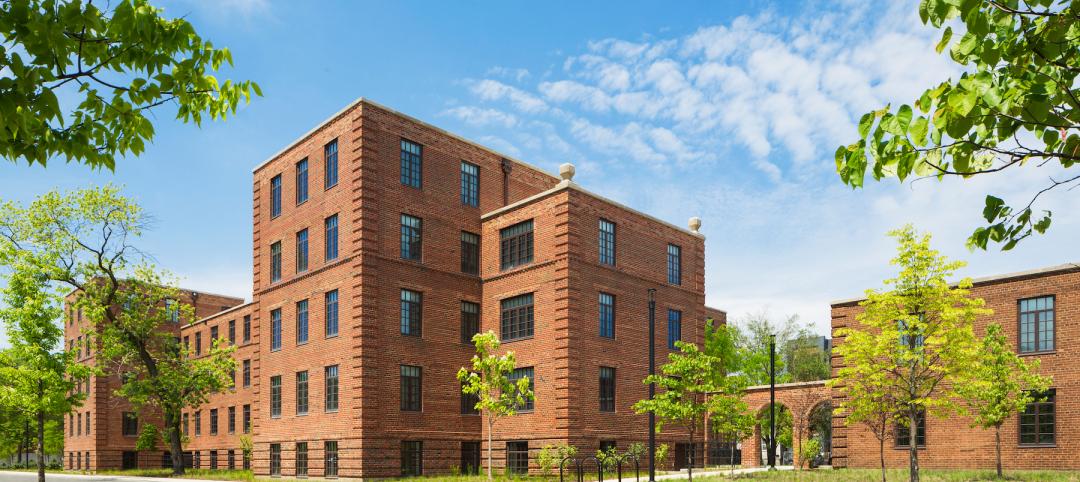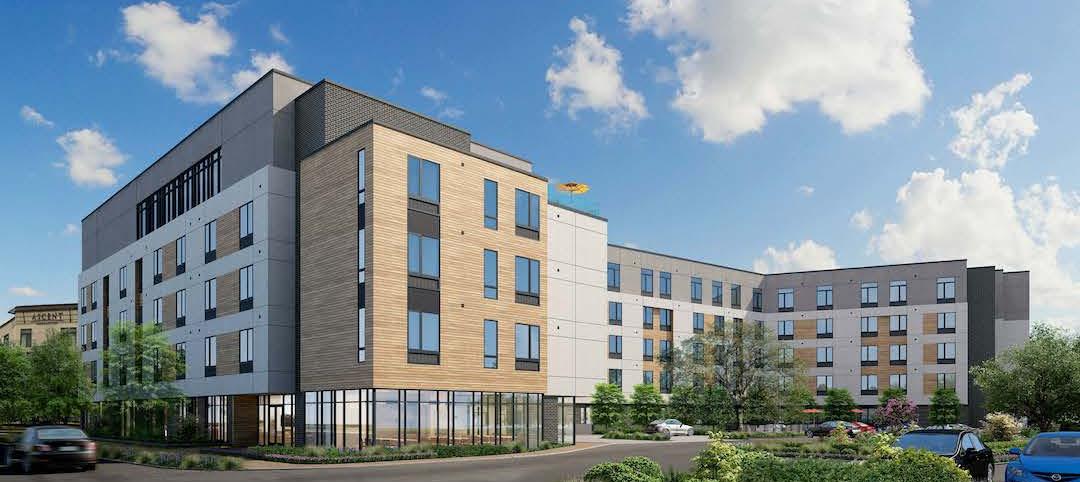Quick quiz: Which city has the highest percentage of renters: Chicago, Miami, or College Station, Texas? Believe it or not, it's College Station, with 59.1% renters. Chicago and Miami are both predominantly homeowner cities. Chicago has only 36.1% renters, Miami, 41.49%.
Of more than 400 urbanized areas around the country with a population greater than 100,000, just 21 are composed of at least 50% renters, according to data from the U.S. Census Bureau's 2015 American Community Survey. The full report was compiled by ADOBO and is based on data from The U.S. Census Bureau’s 2015 American Community Survey about occupied housing units in Urbanized Areas with a population of at least 100,000.
Not far behind is Athens-Clarke County, GA, with 57.5%, and Killeen, TX, with 56.0%. Other somewhat surprising cities include Columbus, GA (53.6%); Clarksville, TN (51.9%); Fayetteville, NC (51.2%); and Fargo, ND (50.2%). A number of big cities do make the list of majority rentals. Most housing units (53.9%) in the Los Angeles area are rented, not owned. The same goes for New York (50.7%) and San Francisco (50.9%). Five California cities make the list, more than any other state.
Many of the nation’s largest cities are unexpectedly absent from this list. Dallas, Houston, Washington, D.C., and Philadelphia are still dominated by homeowners. Both Dallas and Houston are hovering around the 43% renters' mark, while Washington, D.C., is 40.42% and Philadelphia is just 33.8% renters.
WHO'S RENTING, WHO OWNS A HOME?
A cursory glance at the age or renters hews to conventional wisdom, according to the ADOBO report. The majority of renters in the list of 21 renter-dominated cities are under 44 years old, with the highest percentage (24.29%) falling between the ages of 25 and 34. Owners tend to be older — 77.16% are over 45.
But a closer look at the age breakdown reveals some interesting divisions, especially on the renting side. In renter-dominated cities, the percentages are more equally spread across age groups for renting than for owning a home. Although over 50% of renters are 15 to 44 in age, a sizable percentage are older: 18.62% are 45 to 54, and another 14.13% are 55 to 64. A higher percentage of renters are 65 to 74 (8.32%) or 75-plus (6.96%) than 15 to 24 (5.9%).
These are all demographic factors that developers of rental apartments and condominiums - and their design and construction teams - need to keep in mind as they pursue future multifamily projects.

Related Stories
Multifamily Housing | Oct 21, 2021
Chicago’s historic Lathrop public housing complex gets new life as mixed-income community
A revitalized New Deal–era public housing community in Chicago brings the Garden City movement of yesteryear into the 21st century.
Multifamily Housing | Oct 20, 2021
Sacramento’s first luxury high-rise rental residences announced
Southern Land Company is developing the project.
Multifamily Housing | Oct 18, 2021
Construction begins on downtown Fort Worth’s first luxury high-rise rental residences
GDA Architects designed the building.
Multifamily Housing | Oct 14, 2021
27-story Bronx tower will include retail, 200 apartment units
CetraRuddy is designing the project.
Multifamily Housing | Oct 12, 2021
Affordable and sublime: 13 projects that represent the future of affordable housing
These projects prove that it’s possible to develop aesthetically pleasing, high-quality housing for low-income families, the homeless, and veterans.
Multifamily Housing | Oct 12, 2021
New multifamily community completes in Austin
Britt Design Group and Davies Collaborative designed the project.
Multifamily Housing | Oct 6, 2021
New assisted living and memory care facility begins construction in Austin
OZ Architecture designed the project.
Multifamily Housing | Oct 4, 2021
Spire brings 343 condos to downtown Seattle
The project is the closest high-rise building to the Space Needle.
Multifamily Housing | Sep 29, 2021
Five-story apartment community in Duarte, Calif. breaks ground
The project is located 22 miles from downtown L.A.
Multifamily Housing | Sep 22, 2021
Designing for the ‘missing middle’ in multifamily housing
Multifamily housing expert Patrick Winters, AIA, discusses a neglected segment of the market: the "missing middle."

















